Sorry, this entry is only available in Deutsch.
Auch dieses Jahr sind wir wieder bei Achtung Berlin dabei, mittlerweile zum 3. Mal. Bei unserer Auswahl scheinen sich die Themen manchmal zu ähneln, Hintergründe und Erzählstil sind es nicht.
Die Filme:
(WAS SEHEN WIR, WENN WIR ZUM HIMMEL SCHAUEN? gibt es bei uns dann zum Filmstart, das nur zur Info.)
Melanie Lischker schafft in BILDER (M)EINER MUTTER neben einem sehr persönlichen Zugang zu ihrer Mutter ein anschauliches Zeitkolorit der 1970-er Jahre mit seinen mannigfaltigen Widersprüchen.
R: Melanie Lischker, Dokumentarfilm | 78 min.
9.9., 18:30 [Tickets & Termine]
Jide Tom Akinleminu schaut in WHEN A FARM GOES AFLAME auf seine Eltern, eine dänisch-nigerianische Beziehung, die plötzlich eine völlig unerwartete Wendung nahm.
R: Jide Tom Akinleminu, Dokumentarfilm | 111 min.
12.9., 17Uhr [Tickets & Termine]
Rocco Di Mento möchte einen Film über die große Liebe seiner Großeltern drehen, muss aber feststellen, dass die Familienerzählung sehr verschieden ist von der Wirklichkeit (und auch noch anders, als wir das jetzt vermuten): THE BLUNDER OF LOVE.
R: Rocco Di Mento, Dokumentarfilm | 84 min.
11.9., 18:30 [Tickets & Termine]
In der Polizeiakademie der autonom verwalteten kurdischen Provinz Rojava absolviert die 19-jährige Hala eine militärische Ausbildung mit feministischer Schulung. Dann kehrt sie in ihr Heimatdorf zurück, um auch ihre Schwestern vor Zwangsheirat und Unterdrückung zu schützen, erlebt aber eine Enttäuschung: THE OTHER SIDE OF THE RIVER von Antonia Kilian
R: Antonia Kilian, Dokumentarfilm | 92 min.
11.9., 21:00 [Tickets & Termine]
Einmal mehr untersucht Daniel Kötter Bewegungen und Entwicklungen in Afrika. Entlang der Schlucht des Akaki-Flusses seziert RIFT FINFINNEE den mehr als nur symbolischen Riss zwischen der Stadt Addis Ababa und dem Land.
R: Daniel Kötter, Dokumentarfilm | 79 min.
12.9., 19:30 [Tickets & Termine]
Tobias Lenels Spielfilm CAPRICCIO – DAS FALSCHE KIND ist ein Sommerfilm über Empathie, Lügen und eine verleugnete Tochter.
R: Tobias Lenel, Spielfilm| 90 min
10.9., 21.00 [Tickets & Termine]
Nach dem Tod seiner Großmutter reist der neunjährige Roman seiner Mutter Oksana aus der Ukraine nach Deutschland hinterher, nur um festzustellen, dass er sich einem Rivalen stellen muss, dem neuen Mann der Mutter. RIVALE, Spielfilm von Marcus Lenz
R: Marcus Lenz, Spielfilm | 96 min.
10.9., 18:30 [Tickets & Termine]
Irgendwo im grausten Ruhrgebiet findet das „Böse“ statt, und Komissar Konka und sein Assistent Walter müssen in der völlig sinnlosen Tat ermitteln. Hanna Dörrs DAS MASSAKER VON ANRÖCHTE ist ziemlich abgefahren und will kein „Crowdpleaser“ sein, ist aber ein Film für alle, die keinen deutschen Fernsehkrimi mehr ertragen können.
R: Hannah Dörr, Spielfilm | 63 min.
9.9., 21:00 [Tickets & Termine]

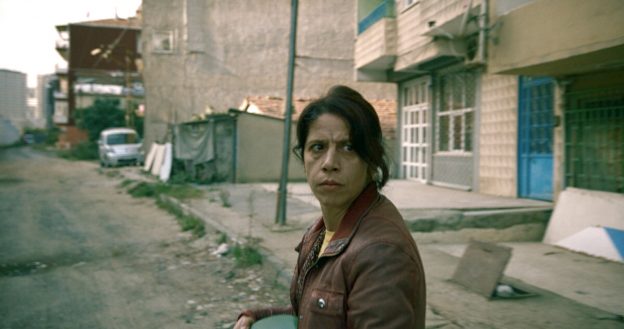
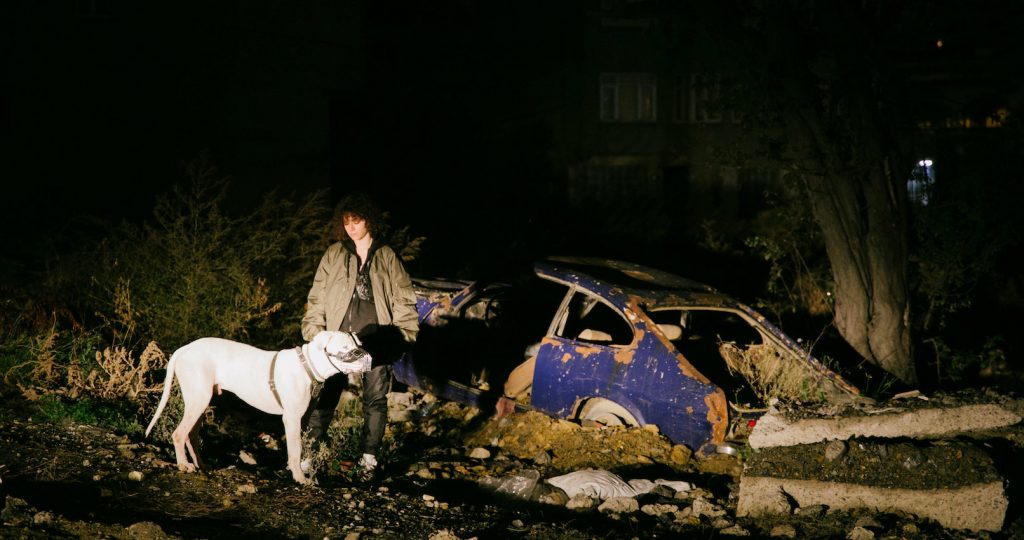
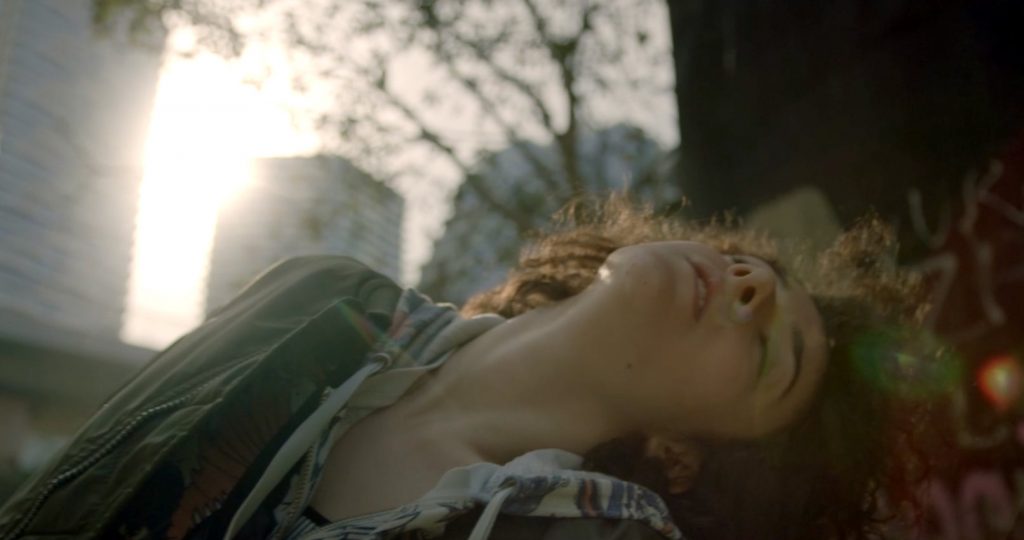
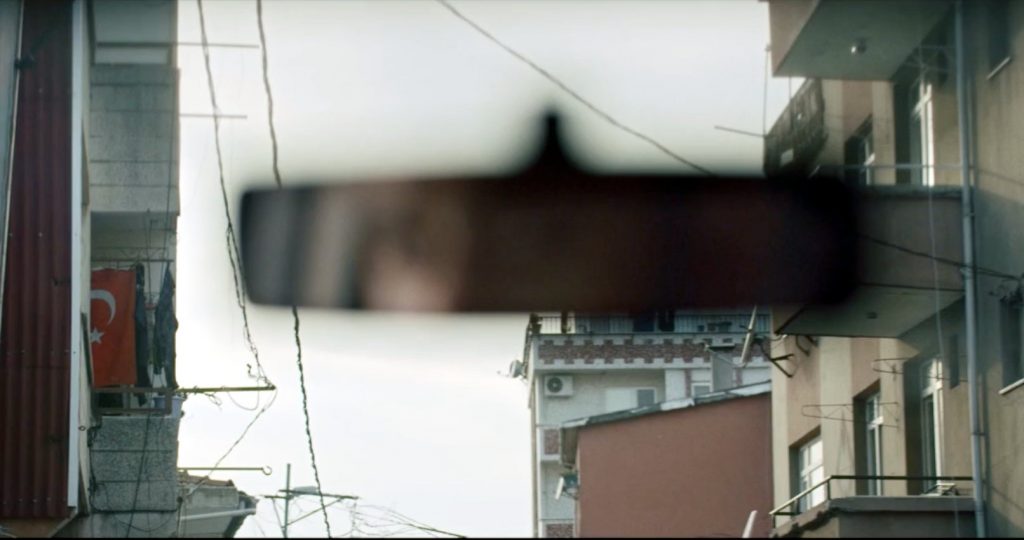
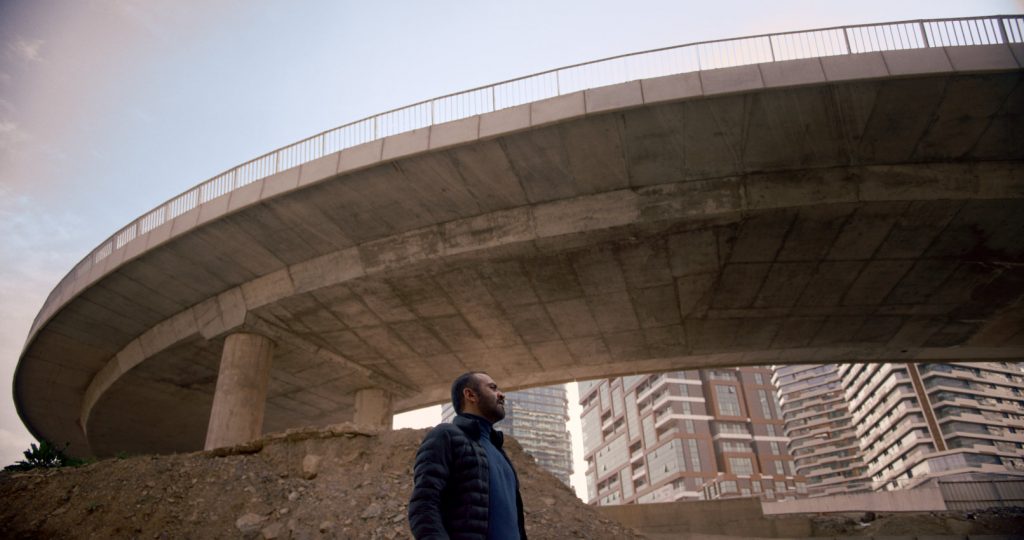
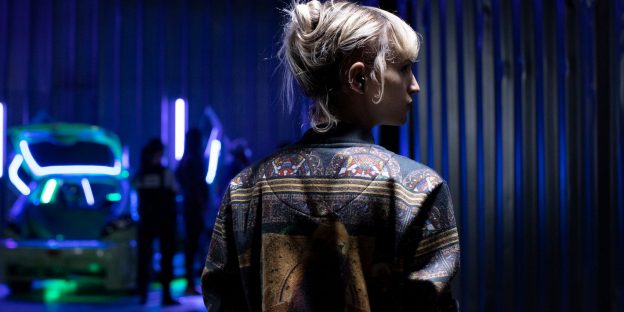
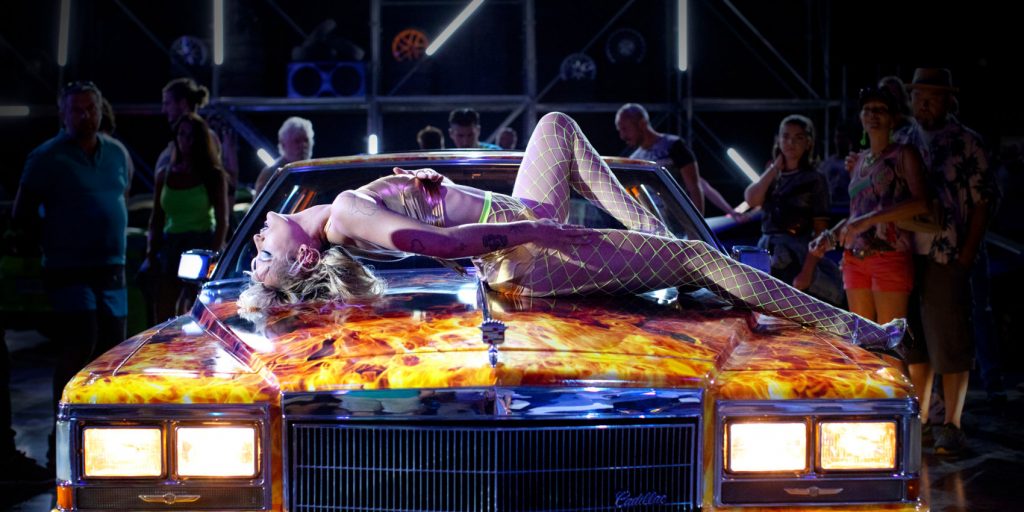
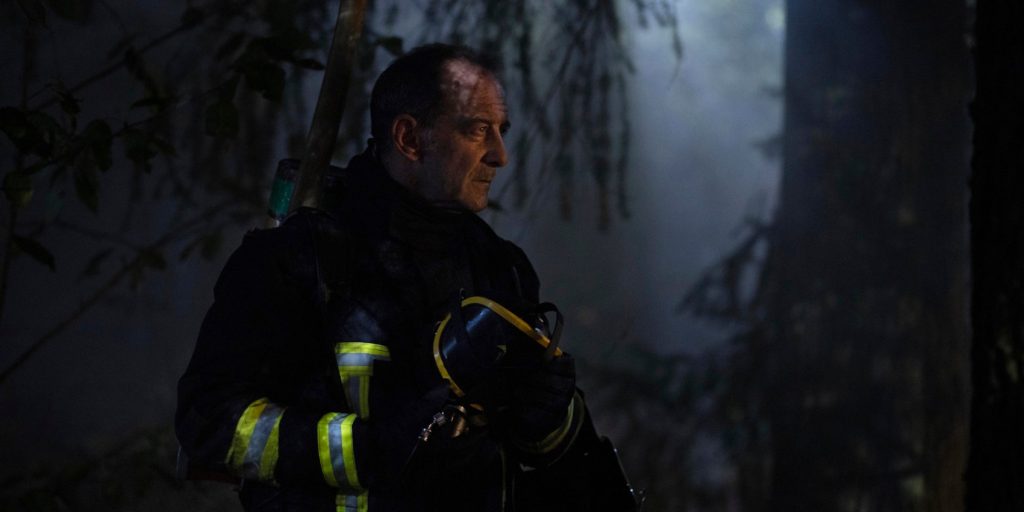
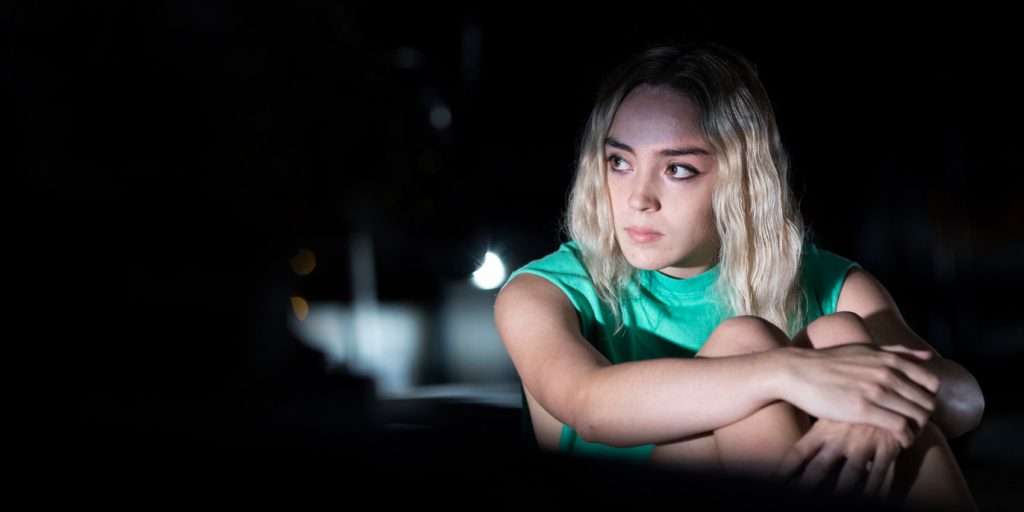
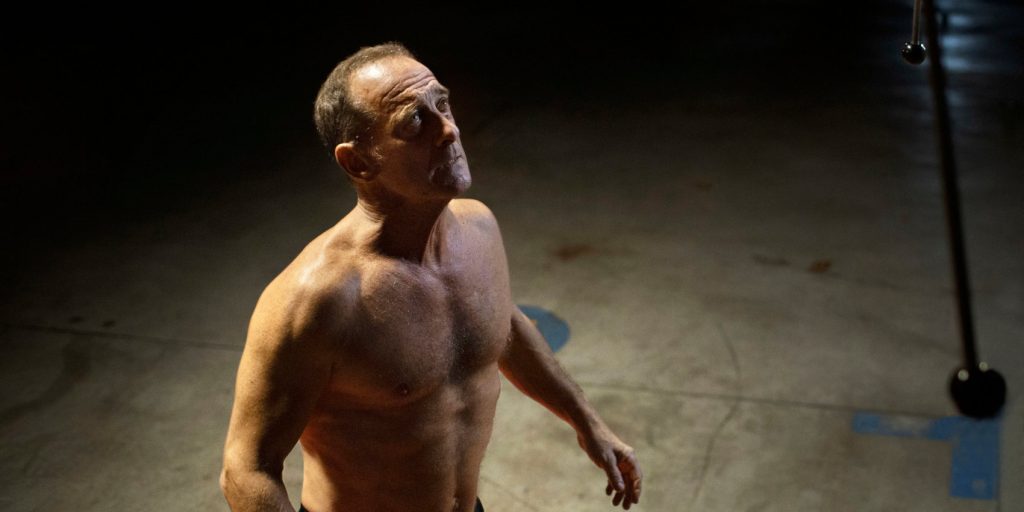
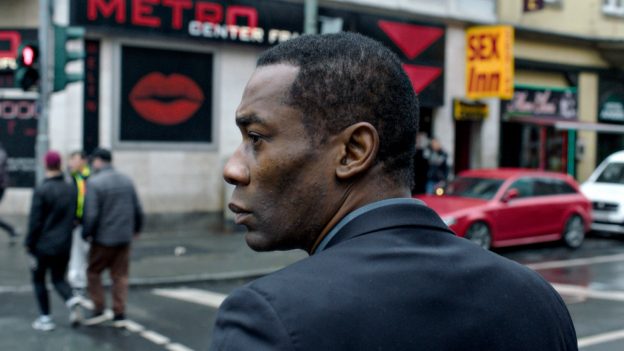
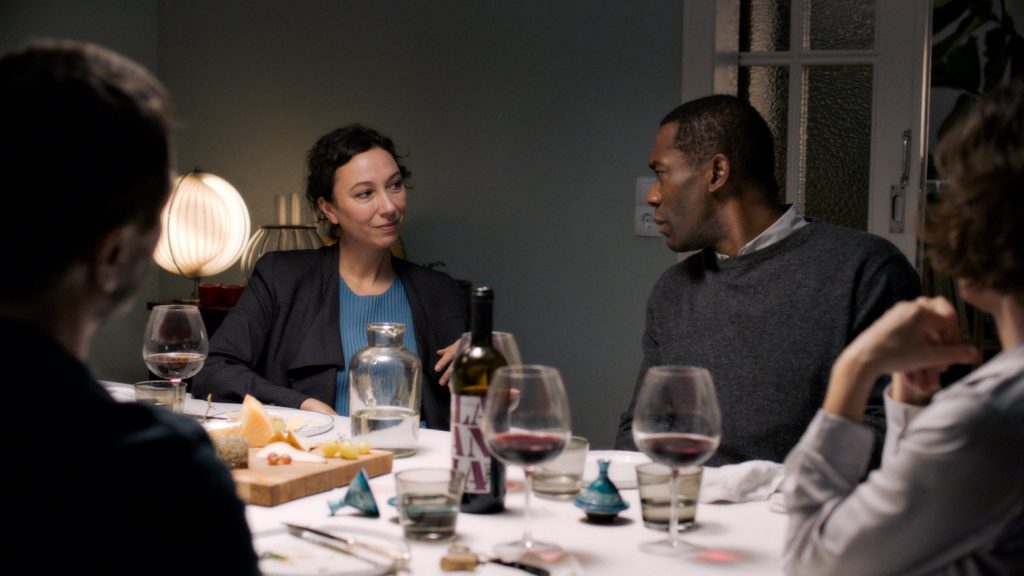
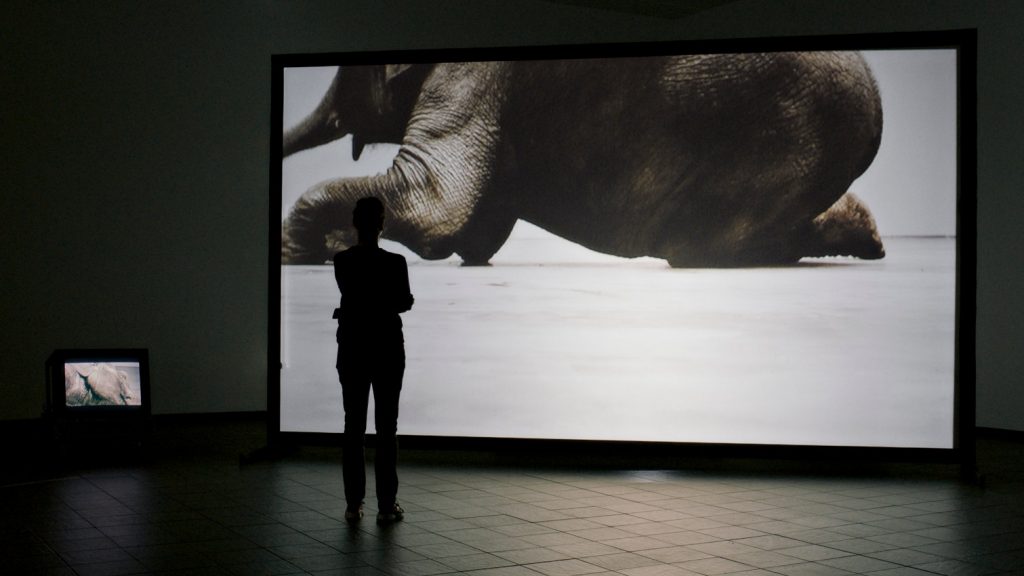
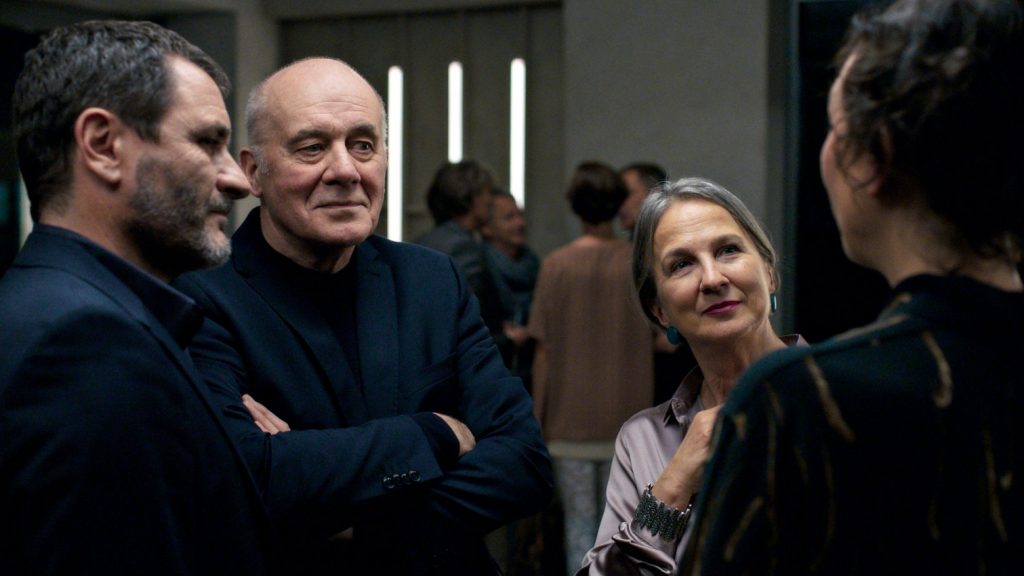
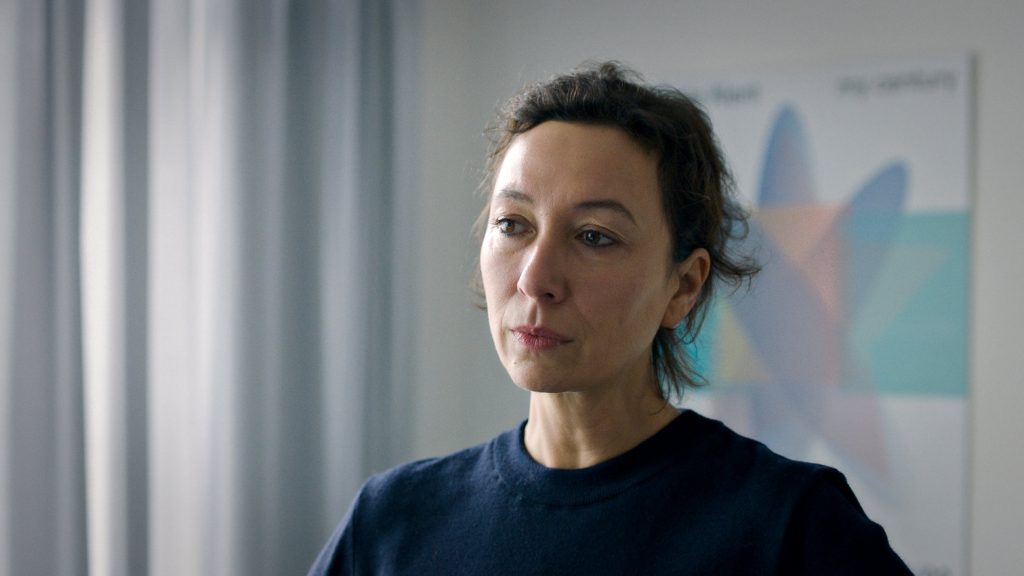
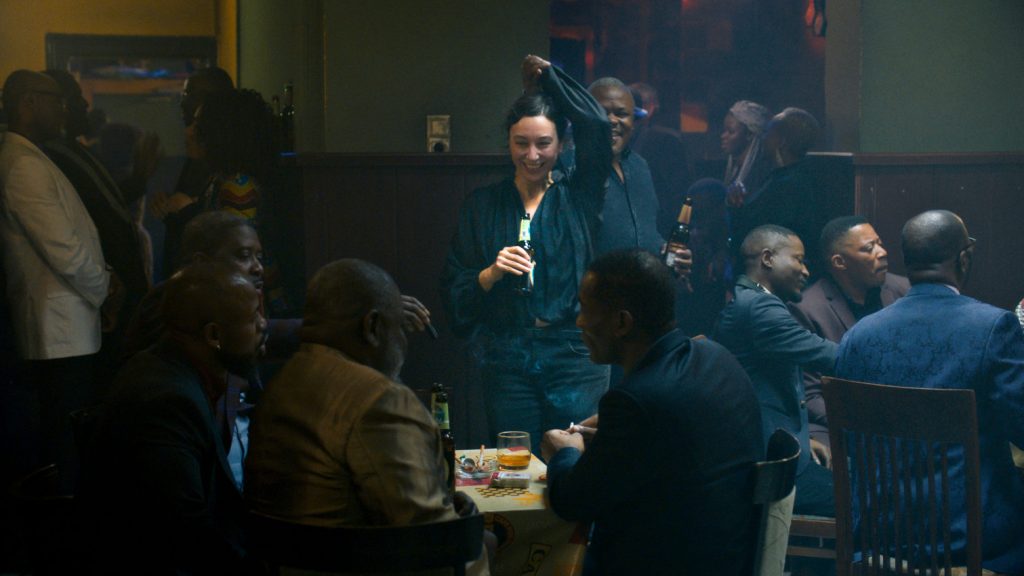
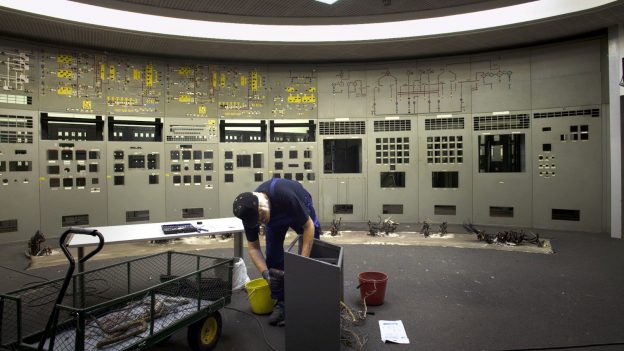
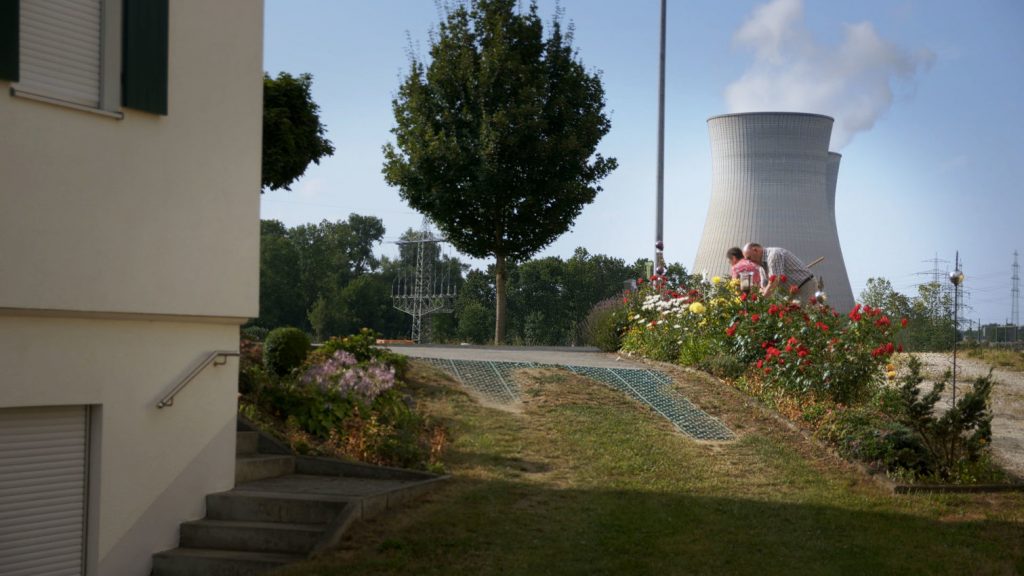
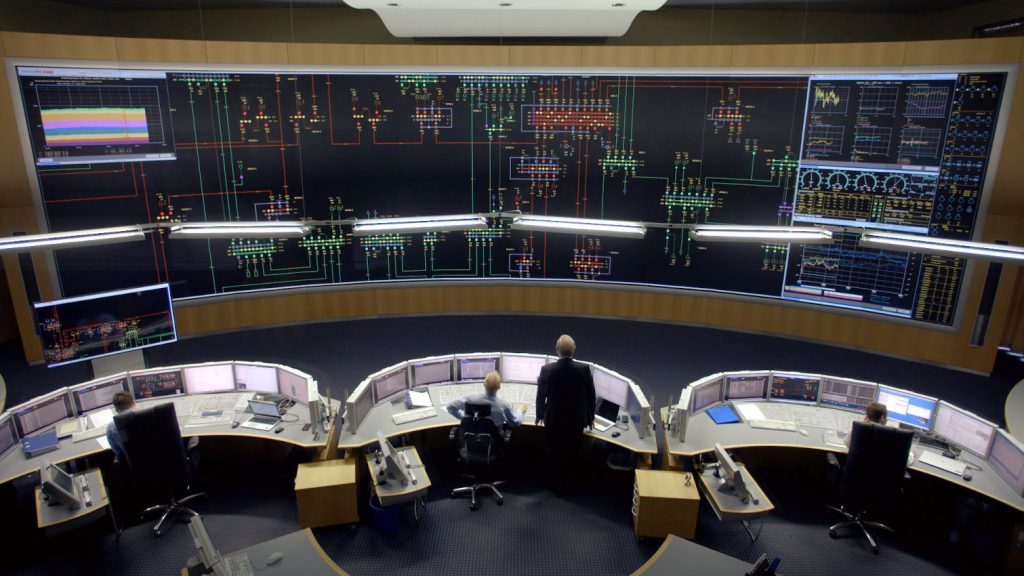
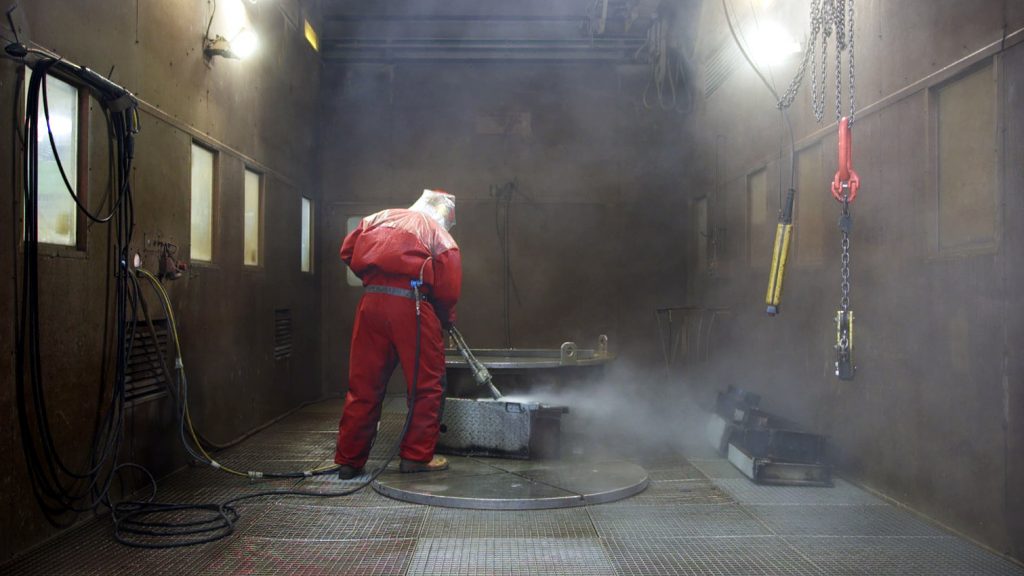
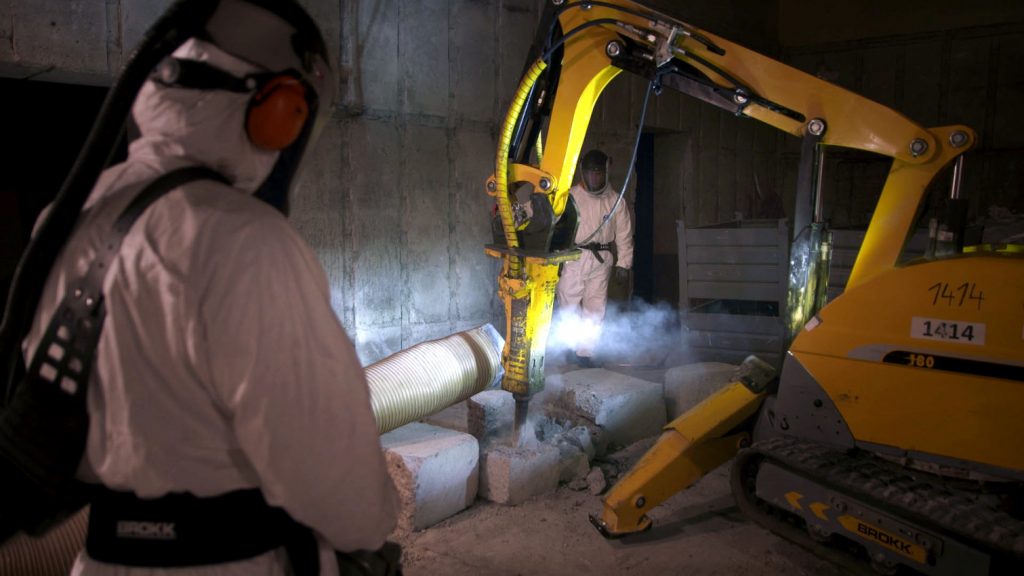
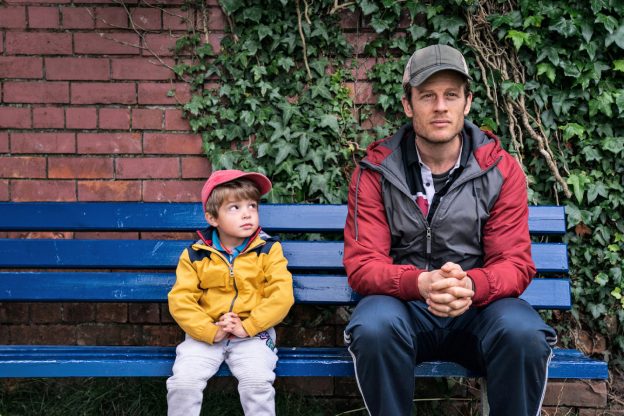
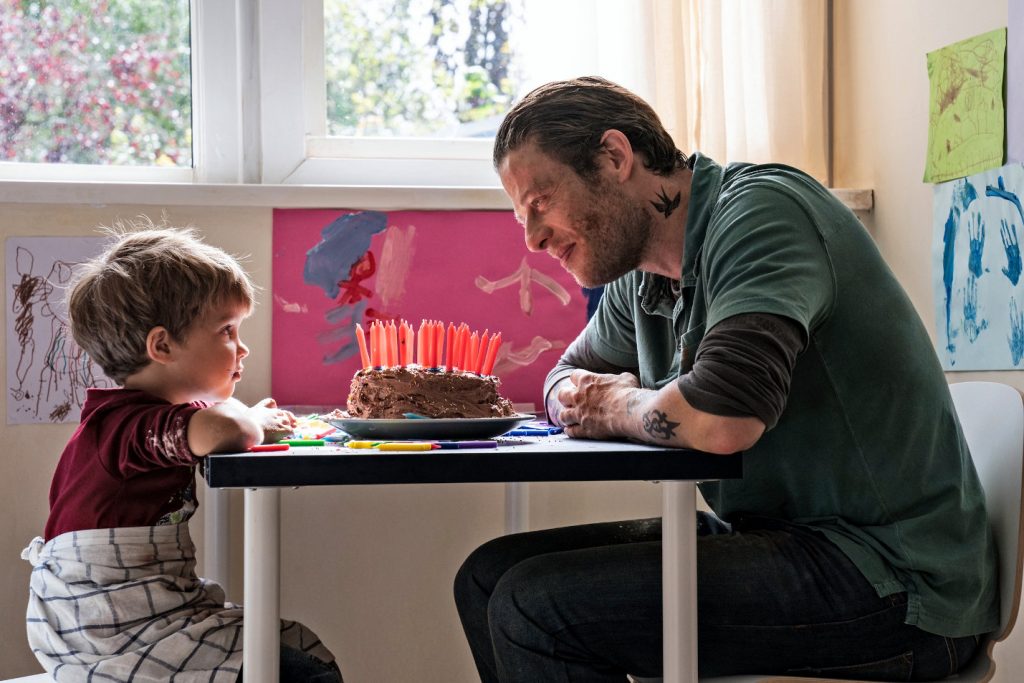
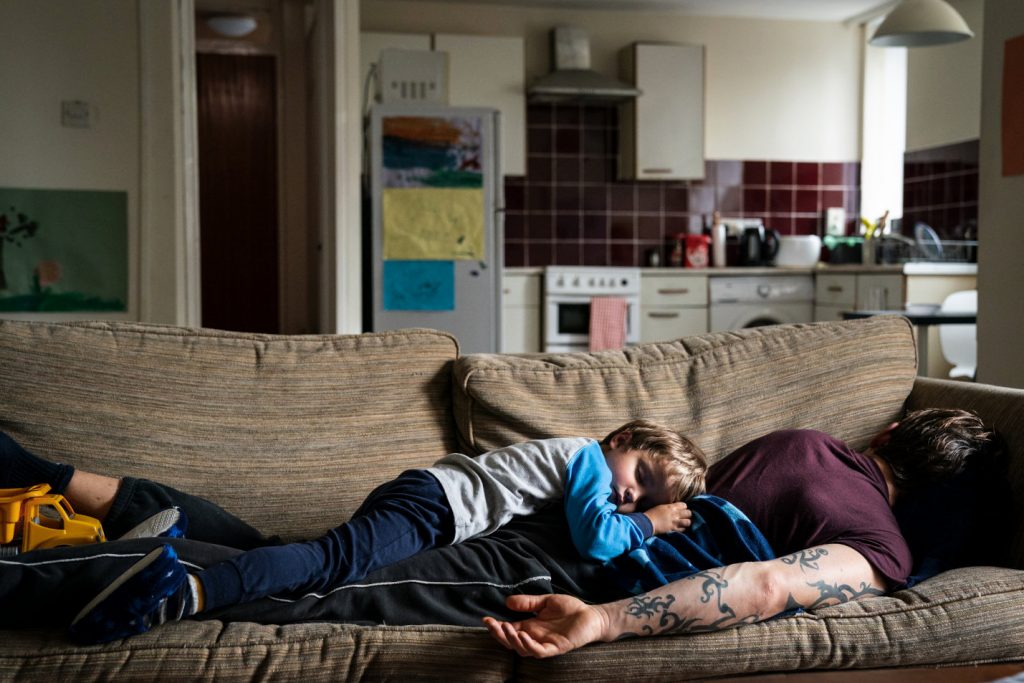
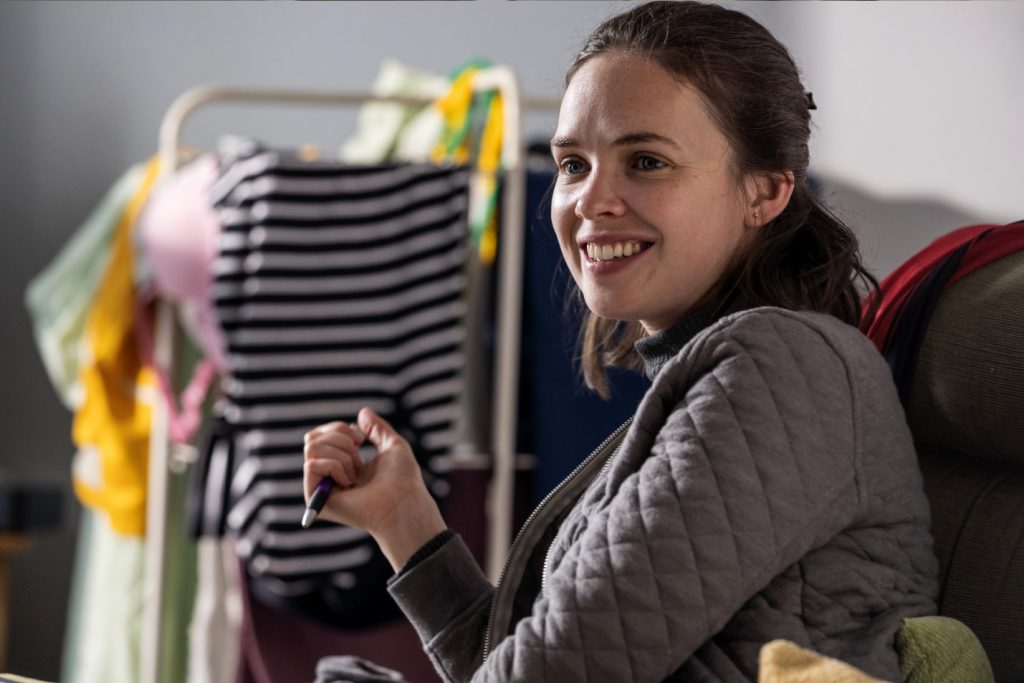
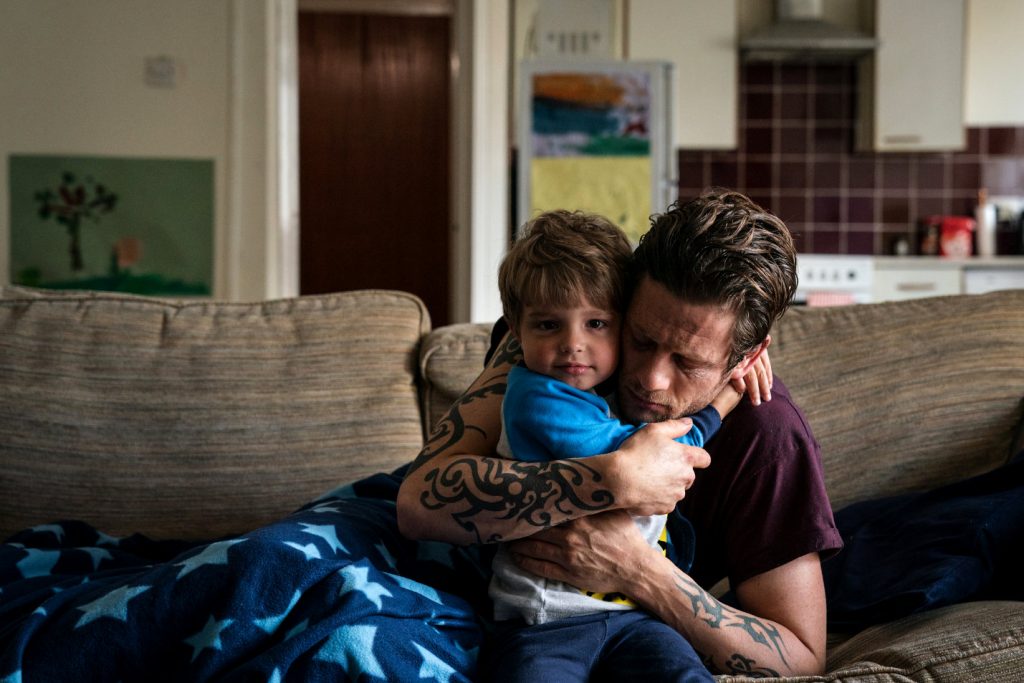
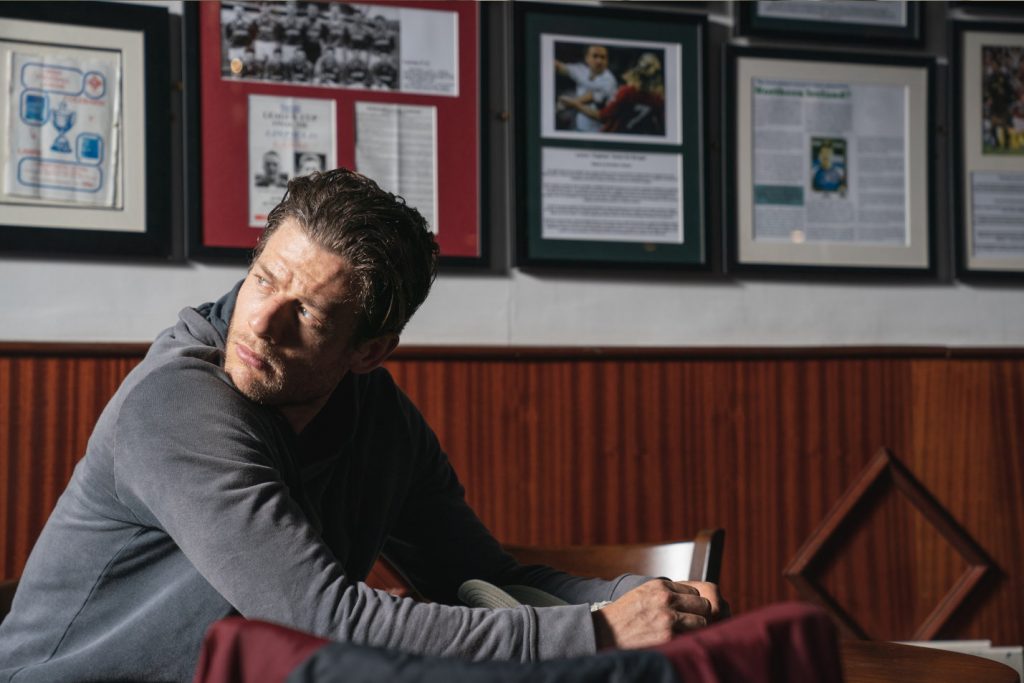
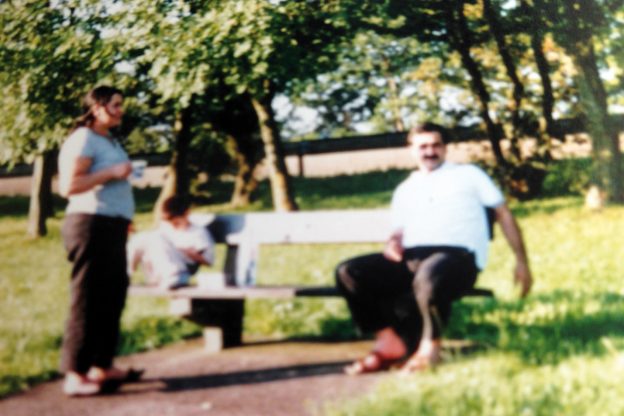
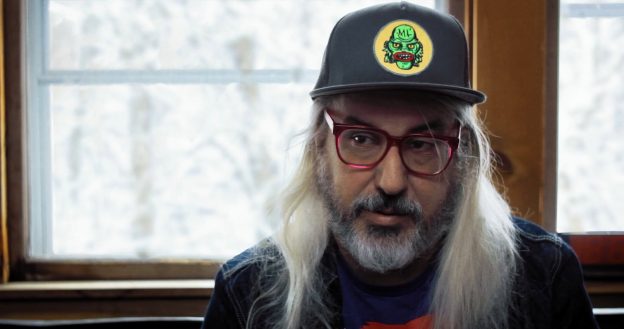
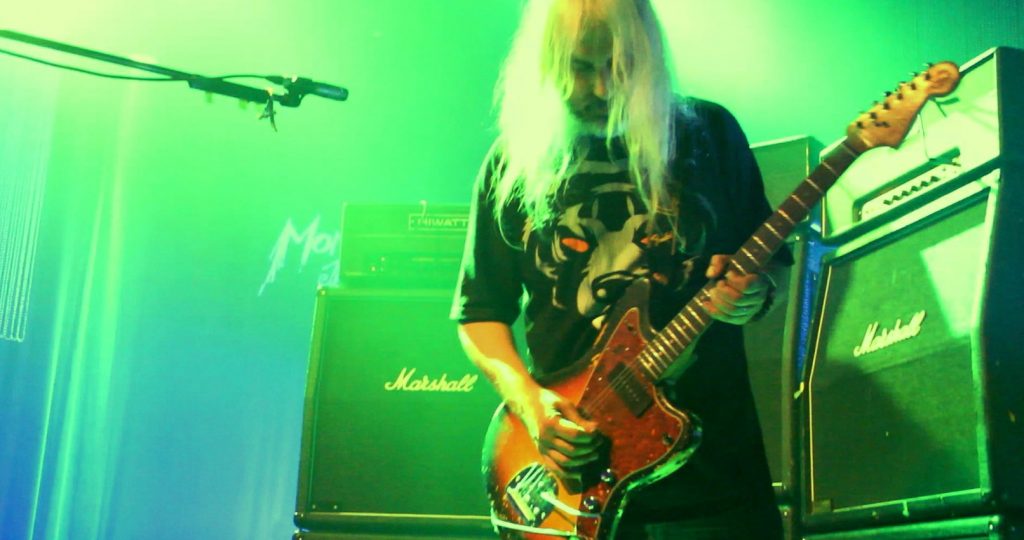
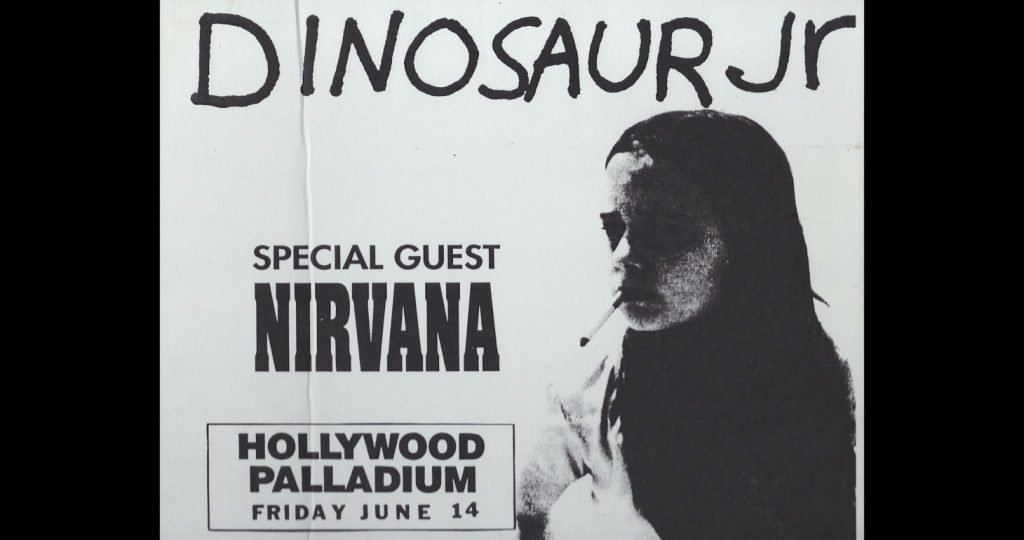
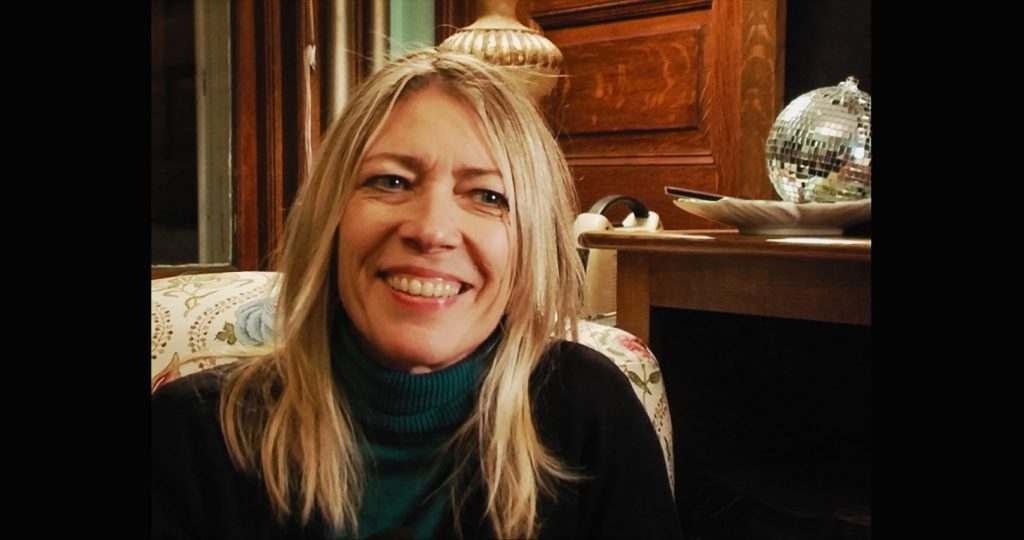

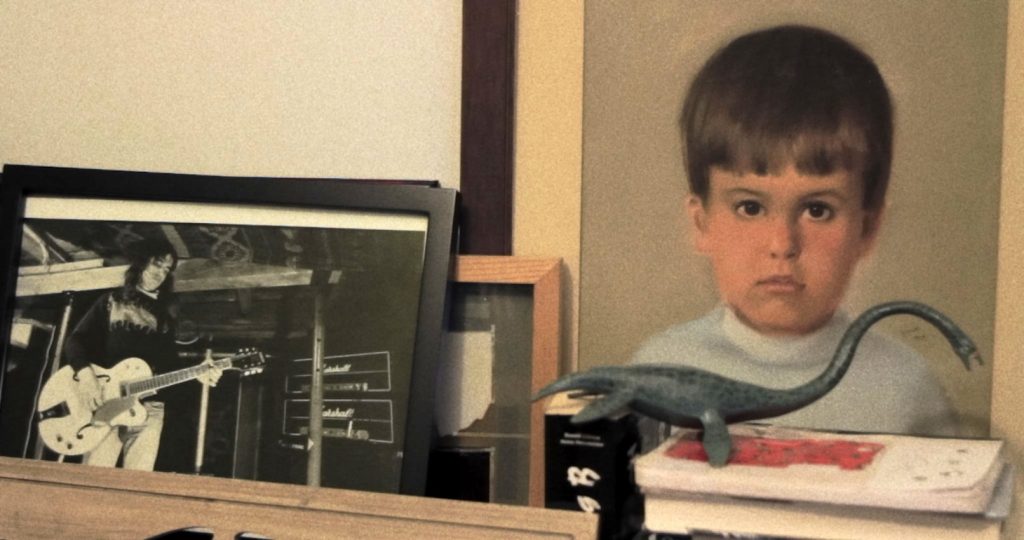
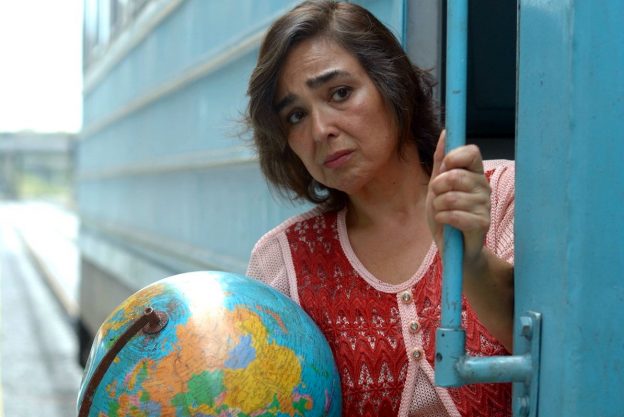
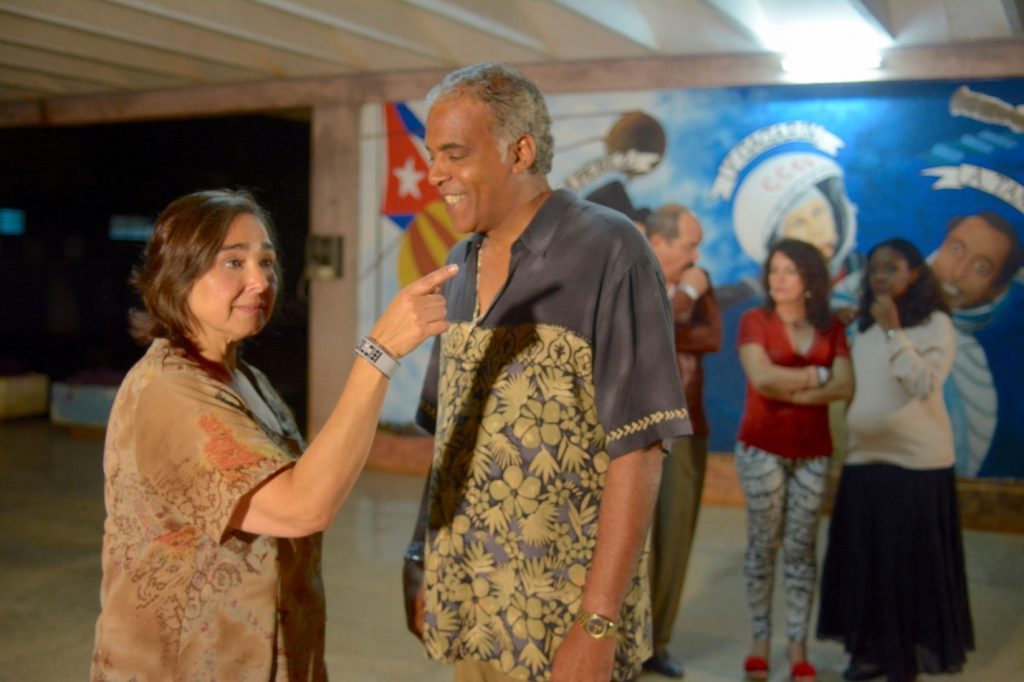
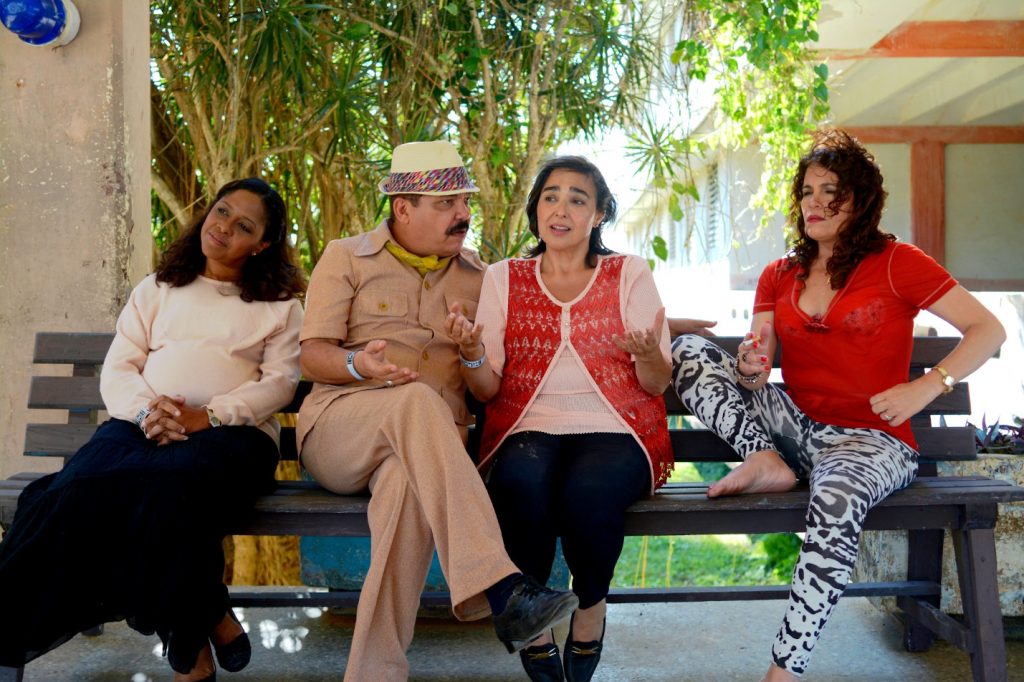
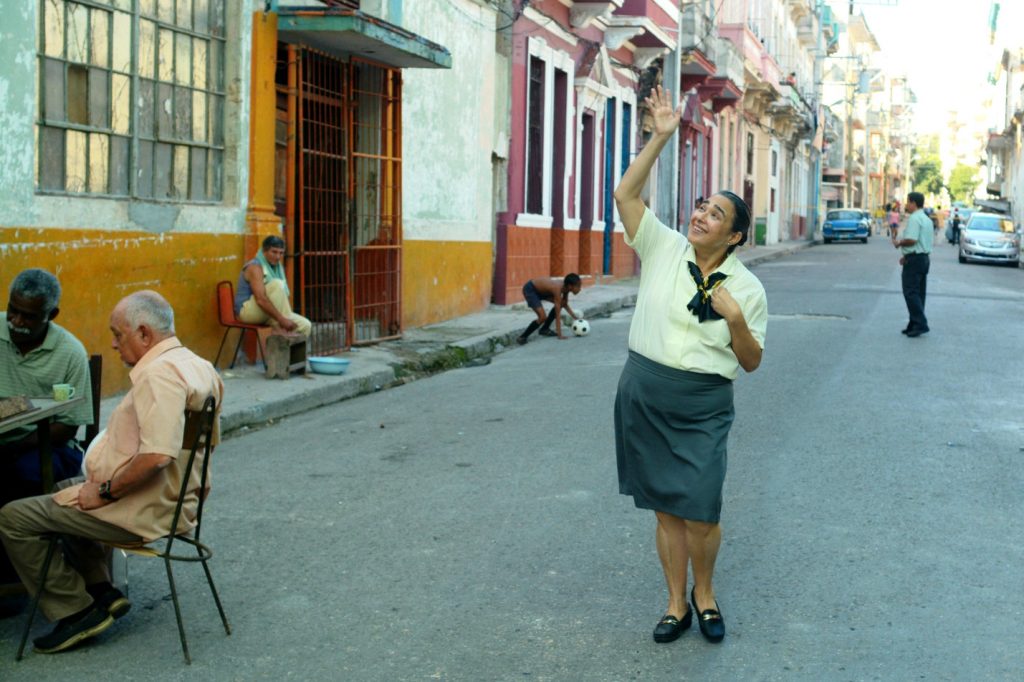
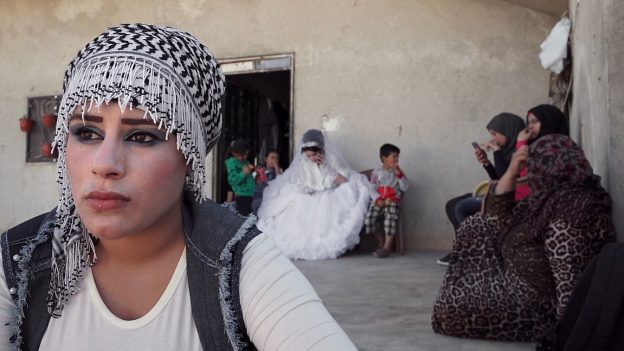
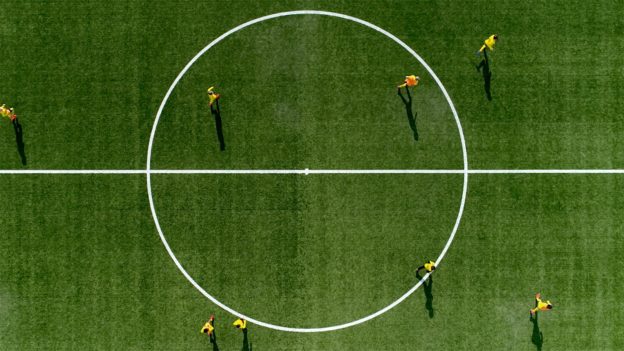
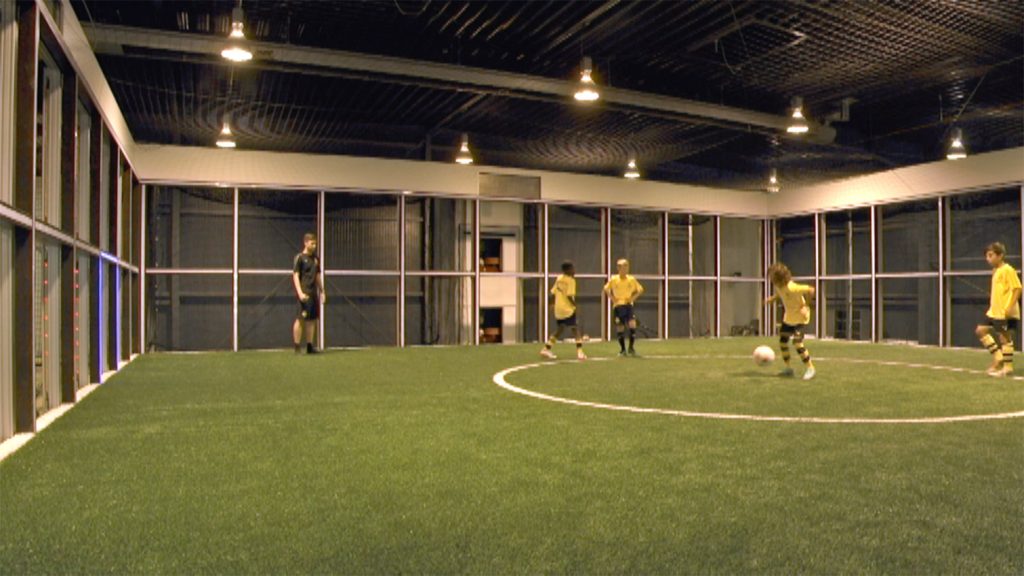
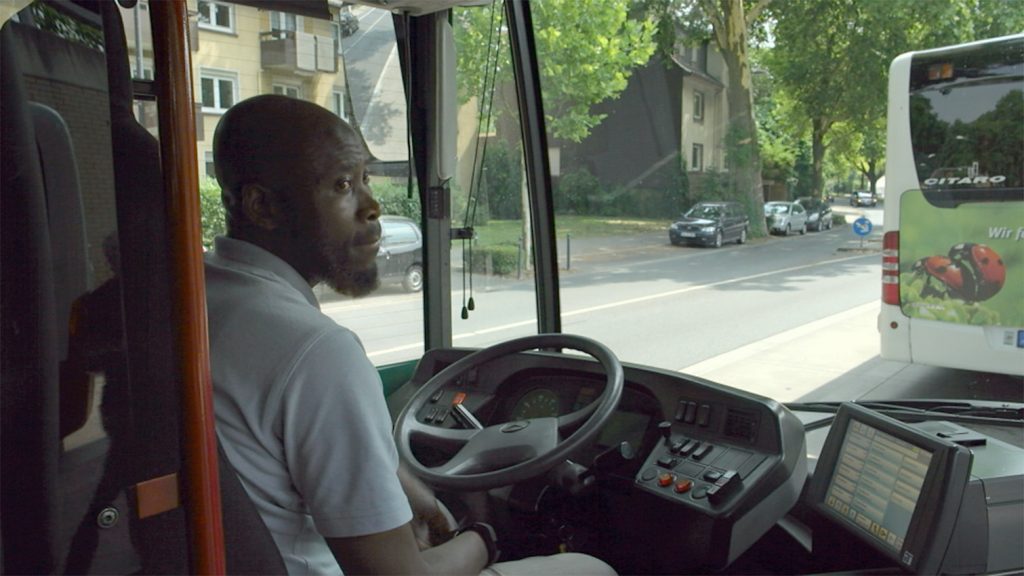
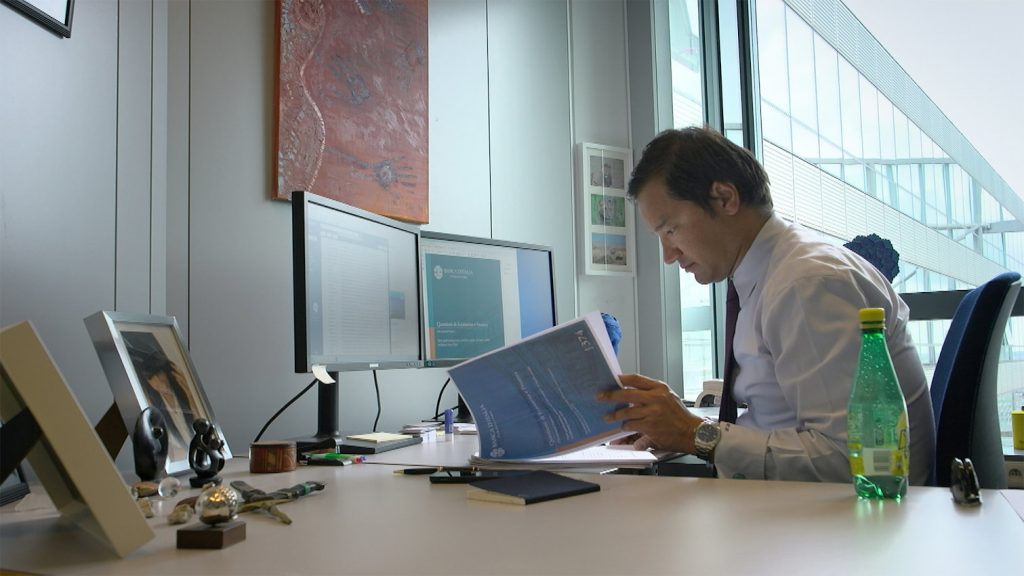
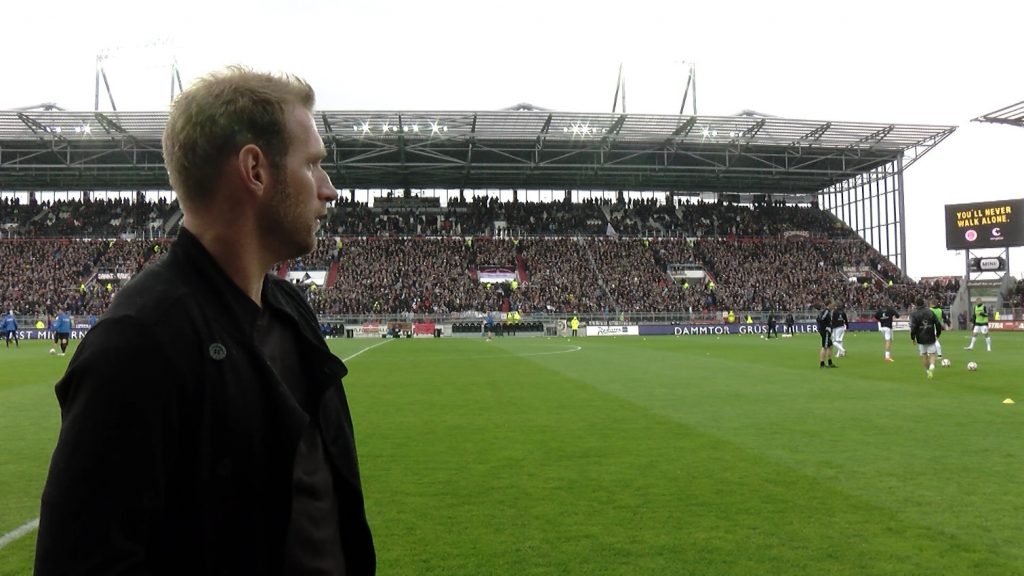

 Deutsch
Deutsch